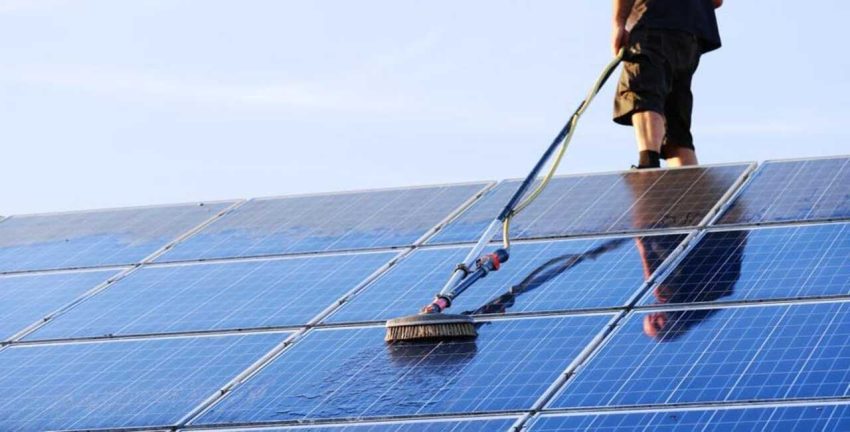In a world grappling with environmental challenges, the emergence of cleantech has offered a ray of hope. Cleantech, short for “clean technology,” encompasses a diverse range of innovative solutions aimed at reducing our environmental footprint while meeting the growing demands of our society. This blog explores the fascinating world of cleantech and its pivotal role in creating a more sustainable and eco-friendly future.
What Is Cleantech?
Cleantech refers to products, services, and processes that utilize renewable materials and energy sources, reduce emissions and waste, and minimize environmental impact throughout their lifecycle. These technologies and innovations span various sectors, including energy, transportation, agriculture, and waste management. Cleantech seeks to replace or improve upon traditional methods and technologies that have adverse environmental consequences.
Key Areas of Cleantech
- Renewable Energy: Perhaps the most prominent facet of cleantech, renewable energy sources like solar, wind, and hydropower are transforming the energy landscape. Solar panels, wind turbines, and advanced battery technologies are making it possible to generate clean electricity on a massive scale.
- Sustainable Transportation: Cleantech is revolutionizing the way we move people and goods. Electric vehicles (EVs), public transit electrification, and sustainable fuels are reducing the carbon footprint of the transportation sector.
- Waste Management: Innovative recycling and waste-to-energy technologies are diverting waste from landfills and turning it into valuable resources. Cleantech solutions are helping reduce pollution and preserve natural resources.
- Water Treatment: Cleantech plays a crucial role in purifying and conserving water resources. Advanced filtration systems, desalination technologies, and water reuse practices are making a significant impact.
- Agriculture and Food: Sustainable agriculture practices, precision farming, and plant-based alternatives to traditional animal agriculture are contributing to a greener food system.
The Benefits of Cleantech
- Environmental Benefits: Cleantech reduces greenhouse gas emissions, minimizes pollution, conserves natural resources, and helps mitigate the effects of climate change. It promotes a healthier planet for future generations.
- Economic Growth: Cleantech industries create jobs, foster innovation, and stimulate economic growth. As the demand for clean technologies increases, so do the opportunities for investment and employment.
- Energy Independence: By harnessing renewable energy sources locally, countries can reduce their reliance on fossil fuels and enhance energy security.
- Improved Public Health: Reduced air and water pollution resulting from cleantech adoption lead to better public health outcomes and lower healthcare costs.
Challenges and Barriers
While cleantech holds tremendous promise, it is not without its challenges:
- Cost: Some cleantech solutions can be expensive to develop and implement, although costs are steadily decreasing with technological advancements.
- Infrastructure: Transitioning to cleantech often requires substantial changes to existing infrastructure, which can be costly and time-consuming.
- Policy and Regulation: Governments play a crucial role in promoting cleantech adoption through supportive policies, incentives, and regulations. Inconsistent or inadequate policies can hinder progress.
- Public Perception: Overcoming resistance or skepticism from the public, industries, and stakeholders can be a barrier to widespread cleantech adoption.
